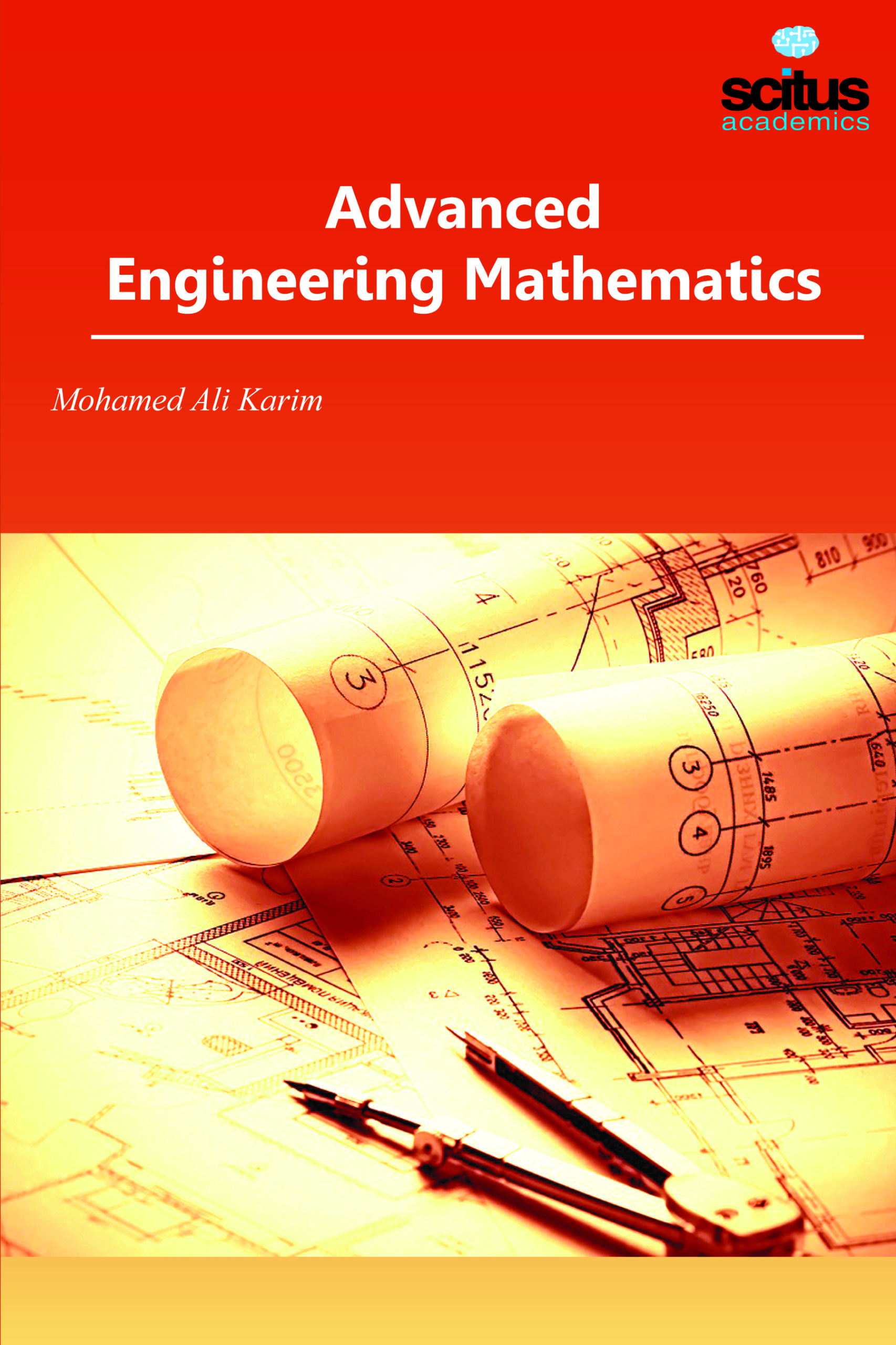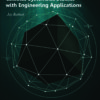Mathematics is an integral part of engineering and engineering mathematics is the process of applying the principles of mathematics to solve real life engineering problems. Engineering mathematics is a branch of applied mathematics concerning mathematical methods and techniques that are typically used in engineering and industry. Along with fields like engineering physics and engineering geology, engineering mathematics is an interdisciplinary subject motivated by engineers’ needs both for practical, theoretical and other considerations out with their specialization, and to deal with constraints to be effective in their work. Historically, engineering mathematics consisted mostly of applied analysis, most notably: differential equations; real and complex analysis; approximation theory; Fourier analysis; potential theory; as well as linear algebra and applied probability, outside of analysis. The success of modern numerical computer methods and software has led to the emergence of computational mathematics, computational science, and computational engineering, which occasionally use high-performance computing for the simulation of phenomena and the solution of problems in the sciences and engineering. These are often considered interdisciplinary fields, but are also of interest to engineering mathematics.
The aim of this book, Advanced Engineering Mathematics, is to develop an understanding of the role played by mathematics to help solve engineering problems. This book provides a comprehensive and up-to-date treatment of engineering mathematics. It is intended to introduce students of engineering, physics, mathematics, computer science, and related fields to those areas of applied mathematics that are most relevant for solving practical problems.













